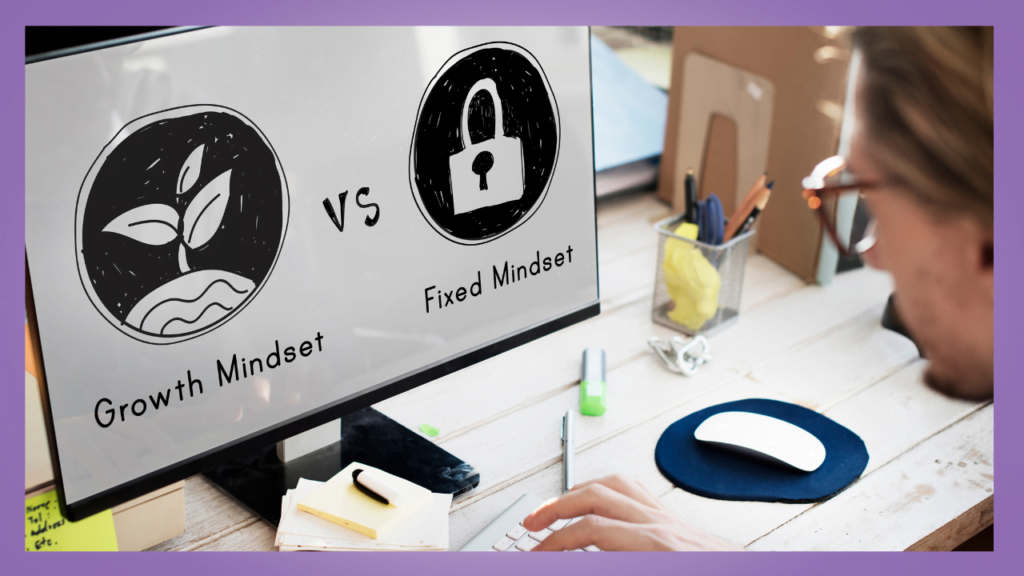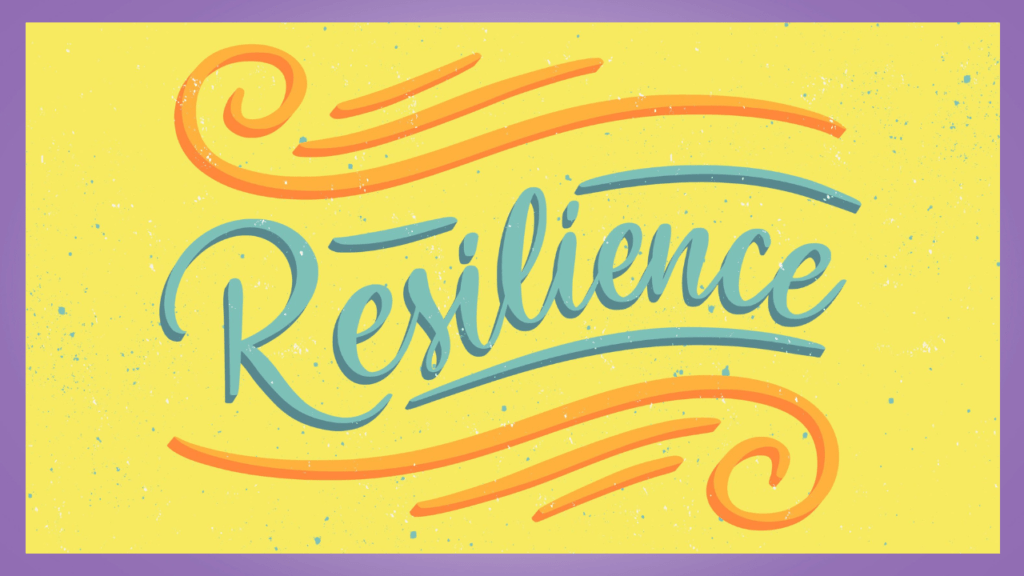Exploring the Depth of Self-Esteem
Does it happen to you that when you are embarking on a new path, position, or relationship, you doubt yourself? If Yes, this Article will you insights on this essential topic of Self-Esteem.
Self-Image Blueprint

How we see and feel about ourselves is influenced by our past experiences but majorly its foundation is in the roots which are our upbringing and influence from family, friends, and society. Our initial advancement of self-esteem is vigorously affected by parental perspectives and conduct, these later moves as our social collaborations move outside of the home, getting more affected by friends and society.
A young boy who is always told what to do, what not to do and never took his own decisions it may be something small like selecting color of his clothes, selecting whom he should collaborate and what should be his career impacts his self-image deeply. Absolutely being disciplined is good and extremely essential while too much involvement leads to doubt their own worth and start asking for validation, even if they are capable and mature enough.
These small incidents create a deep impact on our lives, but not necessarily we always have memories regarding it but it is registered in our subconscious mind. It has all the past experiences shrink into small conclusions we call them “beliefs” which influences everything we do.
Self-worth is filled by ‘saw capability in spaces of significance‘ – which means how well you prevail in territories your life you regard significant. It can be gotten from inside and outside variables (example, how much cash do I make versus how kind an individual I am) and researcher have discovered that people who center around inner elements have higher self-esteem in general.
The Theory of Self worth
This is the theory that a person’s life goal is self-recognition and that this recognition is a product of their accomplishments. This theory also holds capability, determination, performance, and self-esteem as its model elements.
These four elements cooperate with each other to contribute to how we regard ourselves. It may be relatable, but should we really be placing so much importance on our accomplishments just to determine our self-worth? What really determines one’s sense of value?
1. Physical Appearance

Do you feel your physical appearance affects your self-esteem?
Some are more healthy, some are skinny, some have a dark tone, some have a white tone, some people at a young age face hair loss, and some have spots on their skin—just a few examples I can remember. While a common theme is that we all somehow have insecurities about ourselves, we might hide them well, but acknowledging this will be a game changer for you.
Accept that you are unique; God has created you this way. Make the best, do the best you can, but finally accept yourself. The magical thing about acceptance is that when you accept yourself as you are without regret, the people around you accept you.
Stop saying why I am not like this or like that. Instead, say I am special in my own way. Don’t let physical attributes affect your present and future.
2. Achievements

How much we achieve and where we stand in comparison with others have a deep influence on how we perceive ourselves.
Achievement is a personal thing. For some, scoring marks may be a success; for others, getting that promotion; and for some, winning an argument with someone. While the thing is, don’t compare your achievement with others.
Don’t judge yourself or feel negative if you think you haven’t achieved anything worthwhile. You certainly have to, if you go past in the memory lane, think of things that you accomplished in childhood and keep that special feeling intact with you.
Time is very powerful. The person who looks like nothing can be a celebrity in the near future or maybe a top politician. Keep reminding yourself that you are special, not because you achieved something, but because your existence is making a positive impact on many people’s lives (family, friends, co-workers).
READ THIS ARTICLE ON “3 Ways to Increase your Value”
3. Possessions

Have you noticed the feeling you had when someone was talking about the things they purchased? Maybe a premium 5-seater, a bike, A lavish house, whatever. If that feeling is affecting you, then it’s perfectly fine, but if that feeling is impacting your self-worth, then change is required.
It’s absolutely fine if you want to have many luxurious things, but the reasons behind them are equally important. If you think of a possession, it’s nothing more than a document saying you possess that particular thing.
You can build your legacy at any given time if you feel you don’t have anything that is yours. This is the time. But only build possessions when
- You want to secure your future.
- Build for the future generation.
- Free up your time to spend it on your hobbies.
Possession is not just something you buy; it can also be something you create. A company, a website, a product, a book, or real estate—anything of these sorts that has your name attached to it is also your possession.
So be proud of the things you have created till now, and also have that urge to create even more, but patiently and calmly.
4. Profession

When we get into the meaning of profession, it’s a useful task to the service of people that is helping you generate money to fulfil your and your family’s needs.This can be done by the job you are doing, by providing services, by creating valuable products as per need, or by anything.
Every profession is respectable until it’s not harming human values. Every profession has its own scale of growth; some will have more and others will have less. Until you feel satisfied and useful through the task you are doing, that is absolutely fine.
But when we attach money to it, the complexities related to it start occurring. Now the thing is, some people in the same profession grow differently for various reasons. But the two things that impact growth are mastering your skill and being creative in applying the skill.
If you see yourself growing in your profession, no matter what you do, you will feel valued.
WATCH THIS VIDEO IF YOU FEEL NOT GOOD ENOUGH
Provide value to feel valuable
The first and most ideal approach to improving your sentiments of value is essentially to offer some help to other people; be caring to others just as to your future self. Be of administration, which means offering some benefit without any desire to get anything consequently. It contains the prerequisite that you give unequivocally. It’s fundamental to have both a spotlight and an expectation of what we need so as to get it. Also, it’s hard to show what you need without being of administration to other people. Offering some benefit by being of administration makes a void that the universe will fill for you.
Enroll for a Free Mini Course on How to stay Motivated Towards your Goals
Exploring the Depth of Self-Esteem Read More »















